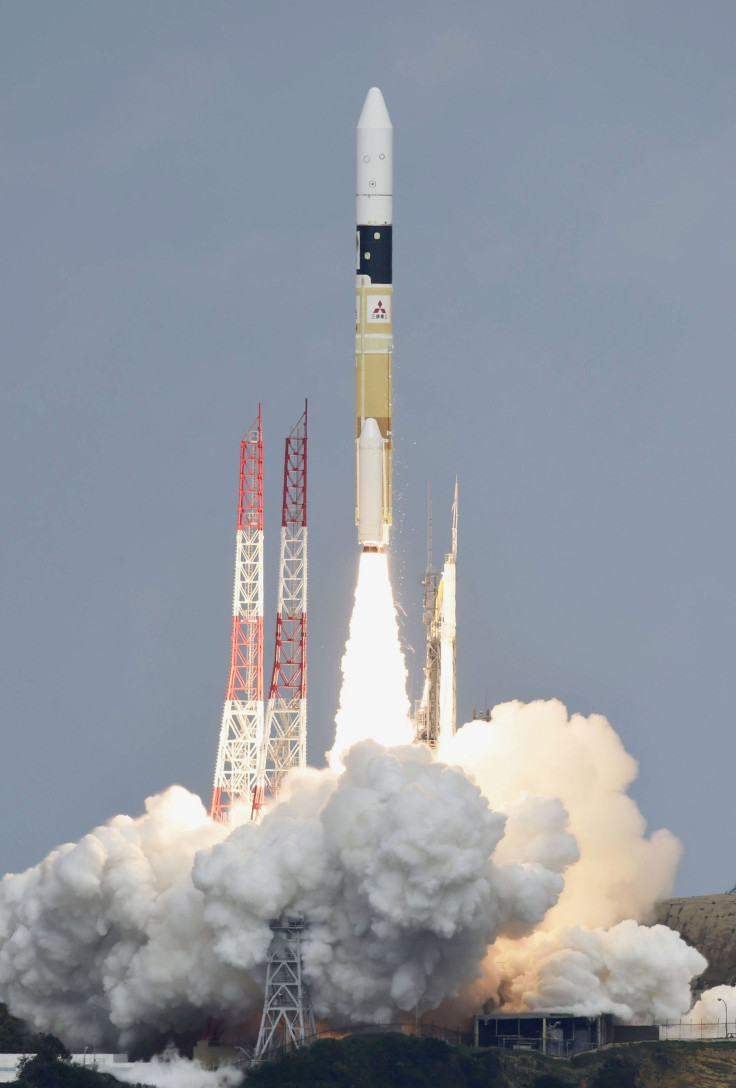Poll Shows That Majority Of The Americans Would Reject The Opportunity For A Free Trip To Space

A poll by Monmouth University in New Jersey has found that majority of the Americans would reject a free trip to space if they were given the opportunity for one. A massive 69 percent of the Americans said that they wouldn't take up an offer of going to space with a private space company even if it was absolutely free. It was found that only 28 percent answered in the affirmative, saying that they would go ahead with a free trip to space.
Among participants in the age group between 18 and 34, about 38 percent of them wanted to take the trip while a massive 58 percent did not want to and the rest were undecided. Those between the age group 35 and 54, about 25 percent wanted to take the trip while a majority of 71 percent wanted to stay back. 76 percent of the participants above the age of 55 did not want to take the trip while a minority of 20 percent wanted to go for it.
It was found that among the men, 38 percent wanted to take the trip while 57 percent did not want to. Among the female participants, 17 percent wanted to go for it while a huge 80 percent did not want to.
According to Gizmodo, the result of the poll was similar to another Gallup poll that was conducted in 1966. The Gallup poll asked participants if they wanted to be on the first flight to the moon. Only 17 percent of the Americans answered in the affirmative. This showed that the sentiments of the American society was consistent from the 20th century.
The Web site went on to explain that the participants of the Gallup poll might not have taken to the offer because the technology was relatively new. In the case of the recent poll, the Web site noted that it could be the disastrous test of the SpaceshipTwo of Virgin Galactic, in which one pilot died while several others were severely injured, that could have triggered the dip in enthusiasm.
Patrick Murray, the director of the Monmouth Polling Institute said that the reluctance was similar to the public mood in the 1960s. He said that America was fascinated by the prospects of space exploration but balked at the price tag.
To report problems or to leave feedback about this article, email: afza.kandrikar@gmail.com.





















